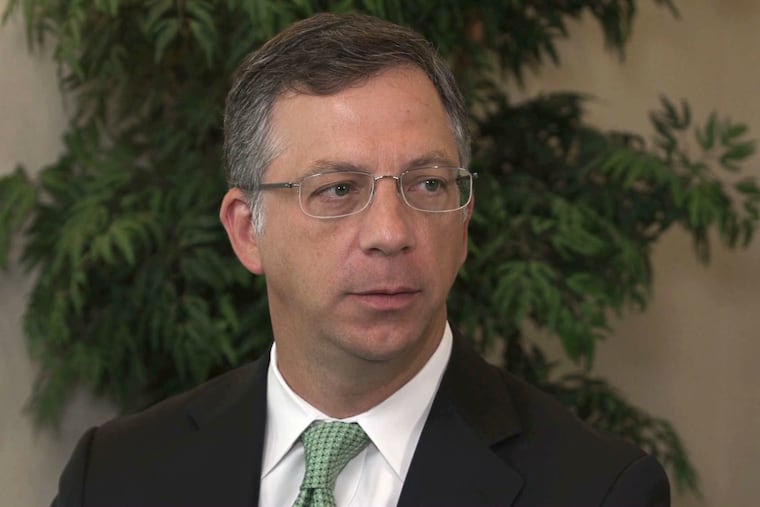Court proceedings continue as Par Funding addresses financial and accountability issues five years after its takeover.
In the aftermath of a significant court-ordered receivership concerning Par Funding, a Philadelphia-based financing firm, lawyers are now formulating plans to potentially recover and double the funds distributed to investors affected by a massive Ponzi scheme. This development comes five years after the receivership was enacted and only a few months following the sentencing of founder Joseph LaForte and several associates for their roles in criminal fraud and conspiracy.
From 2011 until 2020, Par Funding attracted over 0 million from investors, marketing high-interest loans to small businesses. Initial returns were promising, with many investors receiving checks that yielded annual returns of 10% or more. However, in 2020, Par Funding abruptly ceased payments on both principal and interest, leaving more than 1,700 investors facing a staggering 6 million in net losses and prompting the ensuing legal actions.
The U.S. Securities and Exchange Commission (SEC) responded to this unfolding drama by filing civil fraud charges against LaForte and various salespeople associated with Par Funding. The accused parties opted not to contest these charges, leading to the seizure of assets designated for investor restitution.
Following a criminal investigation, LaForte, his brother, and chief financial officer Joseph Cole Barleta pled guilty to allegations that they exploited the company for personal gain and subsequently received prison sentences this year.
In a related legal context, a panel of lawyers is set to convene to deliberate disciplinary actions against John Pauciulo, a former partner at the Eckert Seamans law firm. Pauciulo, who previously served as counsel to Par’s top salesman Dean Vagnozzi, is accused of playing a crucial role in the Par Funding mismanagement. Although Pauciulo maintains that he provided private advice and was not complicit in any fraudulent activities, the Office of Disciplinary Counsel of the state Supreme Court contends otherwise.
On the financial side, Judge Rodolfo Ruiz has already approved 1 million in restitution payments to Par Funding investors, amounting to nearly 50% of their total losses. An additional 8 million has been earmarked for distribution, which stems from various assets accumulated through additional collections from Par’s borrowers and legal settlements.
This ongoing saga involves significant complexities, including the possibility of further payouts if more funds can be recovered through ongoing negotiations, asset sales, and other means. However, the legal proceedings have accrued more than million in attorney fees, operational costs, and other expenses related to the receivership, presenting a stark reminder of the impact such corporate malfeasance can have on investors and regulatory bodies alike.
As investigations continue, the complexities surrounding Pauciulo’s potential misconduct and the ongoing recovery efforts for the affected investors will remain crucial topics of discussion in financial and legal circles, with many closely watching the outcomes of the disciplinary hearings scheduled this week. In light of these developments, stakeholders are left to contemplate both the financial repercussions and the responsibilities inherent in corporate governance.







